Indigenous Governance Database
IGD Database Search

Place Based Economic Development and Tribal Casinos
Tribal lands in the U.S. have historically experienced some of the worst economic conditions in the nation. We review some existing research on the effect of American Indian tribal casinos on various measures of local economic development. This is an industry that began in the early 1990s and…

Travel From Native Lands to US Abortion Facilities Before and After the Dobbs v Jackson Women’s Health Organization Decision
Question How did geographic access from Native lands to abortion facilities change after the Dobbs v Jackson Women’s Health Organization (Dobbs) decision?Findings In this cross-sectional study of 650 Native lands, with an estimated 950 991 female residents of reproductive age, nearly…
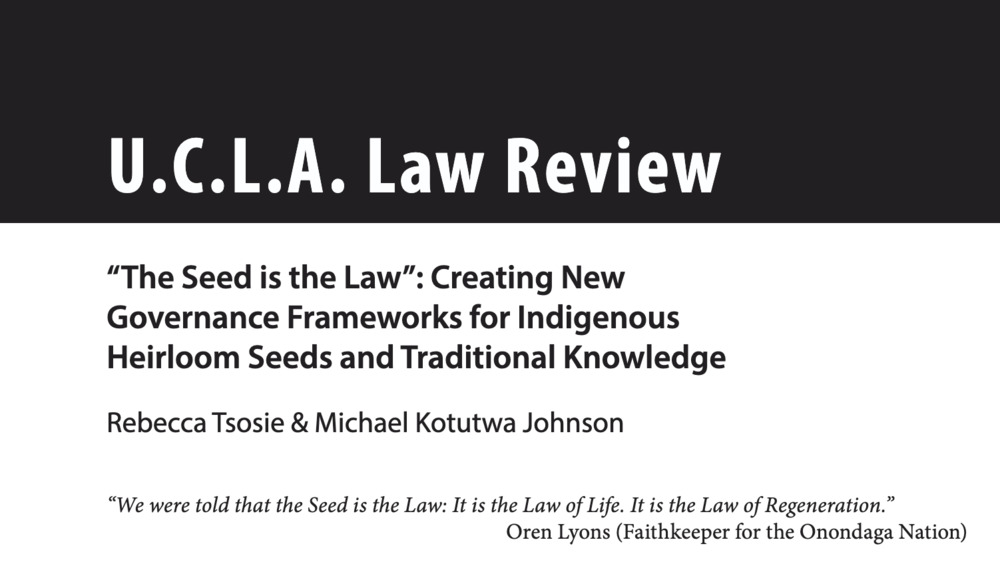
"The Seed is the Law": Creating New Governance Frameworks for Indigenous Heirloom Seeds and Traditional Knowledge
The United Nations World Intellectual Property Organization (WIPO) held a diplomatic conference in May 2024 where participants adopted a historic new treaty on Intellectual Property, Genetic Resources and Associated Traditional Knowledge. The treaty is intended to improve the patent system by…
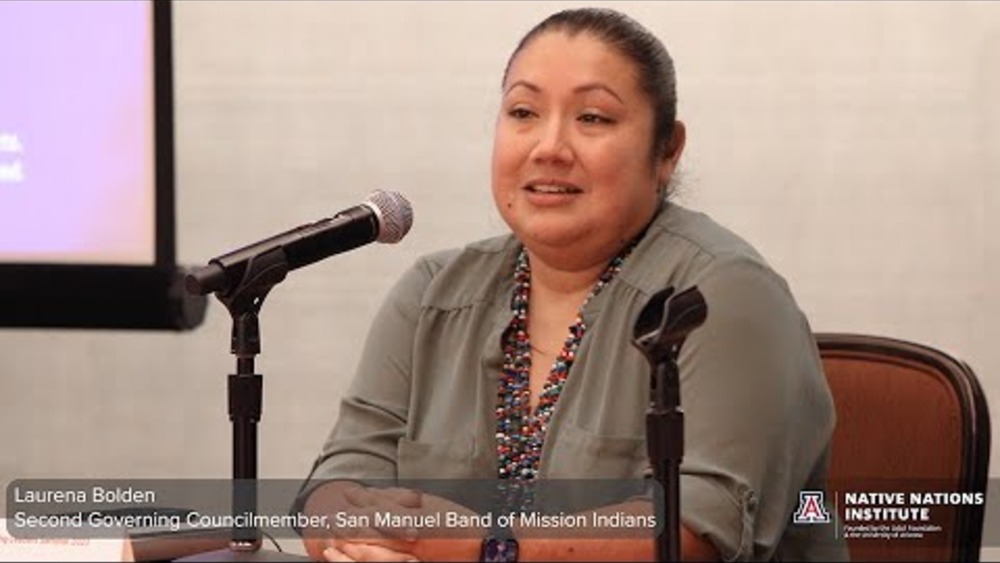
Perspectives From Tribal Leaders: Laurena Bolden, San Manuel Band of Mission Indians
Laurena Bolden, Second Governing Council Member for the San Manuel Band of Mission Indians, joined the Native Nations Institute on the lands of the Salt River Pima - Maricopa Indian Community near Scottsdale, Arizona for the 2023 Emerging Leaders Seminar to offer some perspectives on topics she…
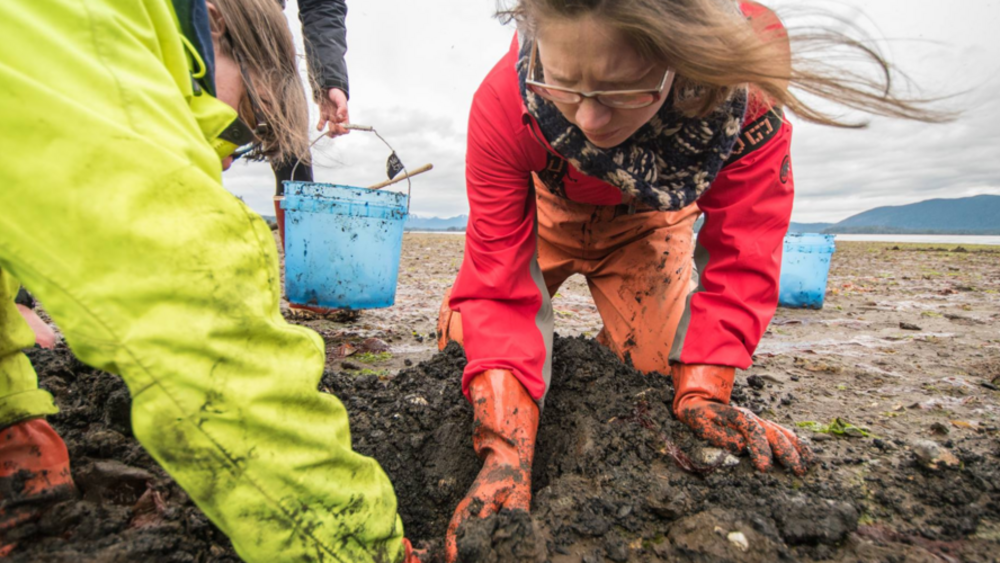
Experts, not Obstacles: Indigenous Conservation Excellence and the Trap of Conservation at any Cost
The twin crises of biodiversity loss and climate change demand action. The question is how best to address these challenges. Driven by a sense of urgency, some call for conservation at any cost, a continuation of the forced separation of Indigenous people from their ancestral lands, waters, and…
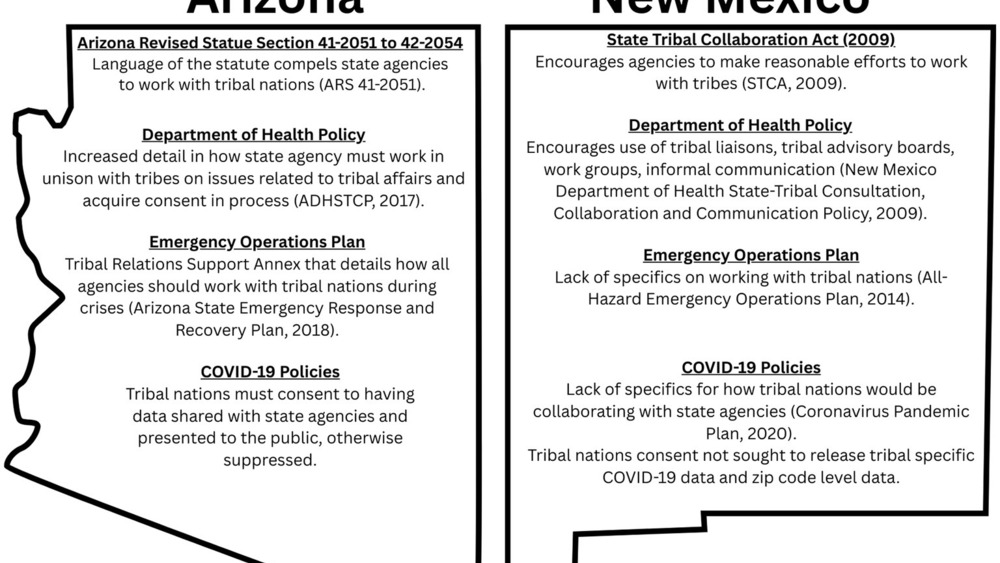
Reaffirming Indigenous data sovereignty in New Mexico as a result of COVID-19
Despite New Mexico’s history of working with and enhancing collaboration with the 23 Tribes in the state, data sharing and collaboration with Tribes was poor during the COVID-19 pandemic. New Mexico’s policies of state collaboration with Tribes conflicts with the principles of Indigenous Data…

CARE Directs Us Home: Reclaiming Indigenous Authority Over Data
In 2019, the Global Indigenous Data Alliance (GIDA) developed and published the CARE Principles for Indigenous Data Governance (Collective Benefit, Authority to Control, Responsibility, Ethics) to complement the FAIR principles for open scientific data management (Findable, Accessible,…

Research Policy Update – Frequently Asked Questions (FAQs): Partnering with Tribal Nations on Research
The purpose of this update is to provide answers to frequently asked questions from those interested in partnering on research studies with Tribal Nations. These answers are intended as general advice, and researchers should work directly with Tribal Nations and understand and follow their…
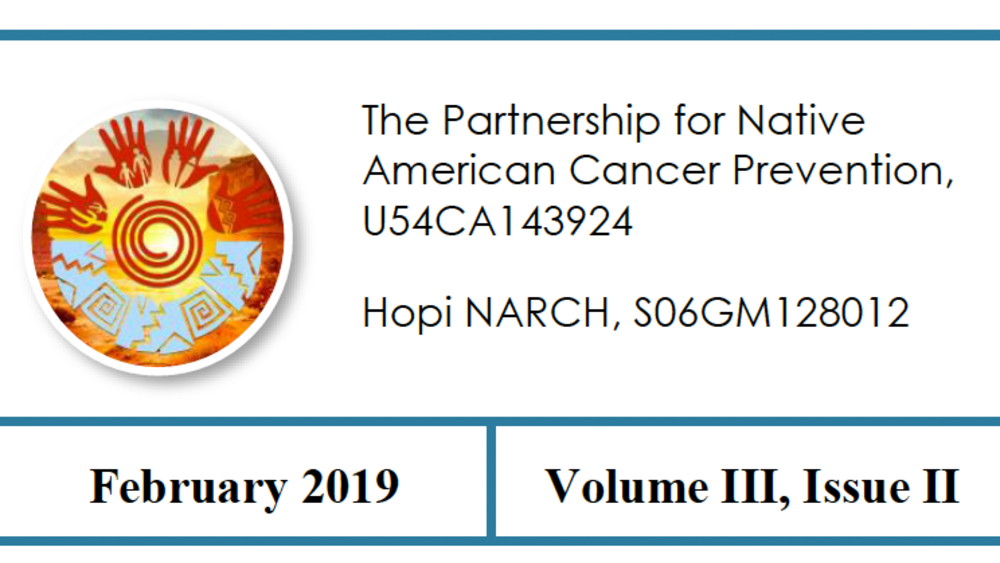
How to Conduct Research in American Indian and Alaska Native Communities
This document is a guide for researchers on:Tribal Sovereignty;American Indian/Alaska Native Cancer Health Disparities;Researcher Sensitivity and Responsibility;Research Checklist; andAdditional Resources.Respectful research is the first step to maximize benefits of research.
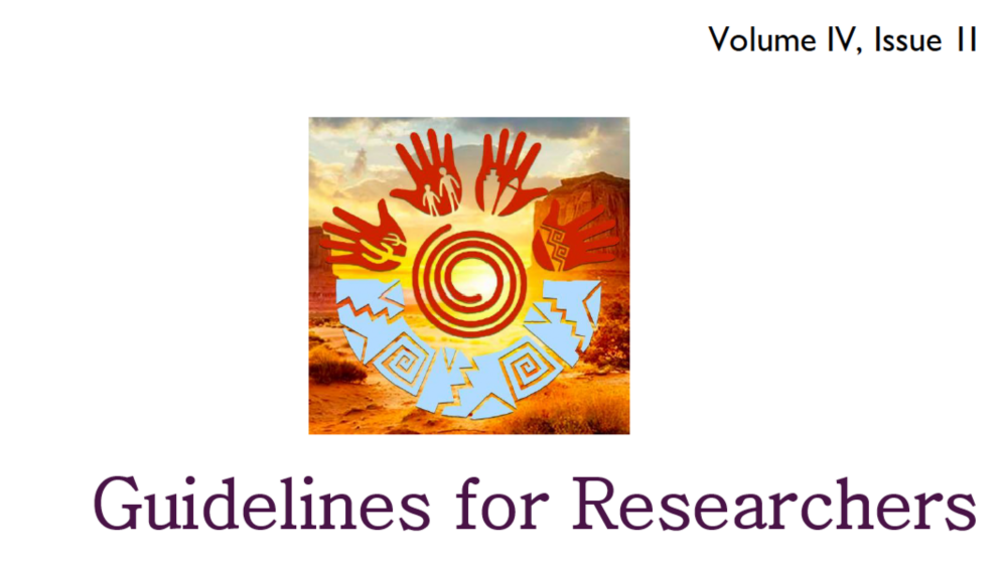
Guidelines for Researchers
This document is a guideline for researchers on how to conduct respectful and beneficial research in American Indian and Alaska Native (AI/AN) communities. These guidelines cover a variety of topics, including recognizing AI/AN as sovereign nations, how to perform ethical research, understanding AI…
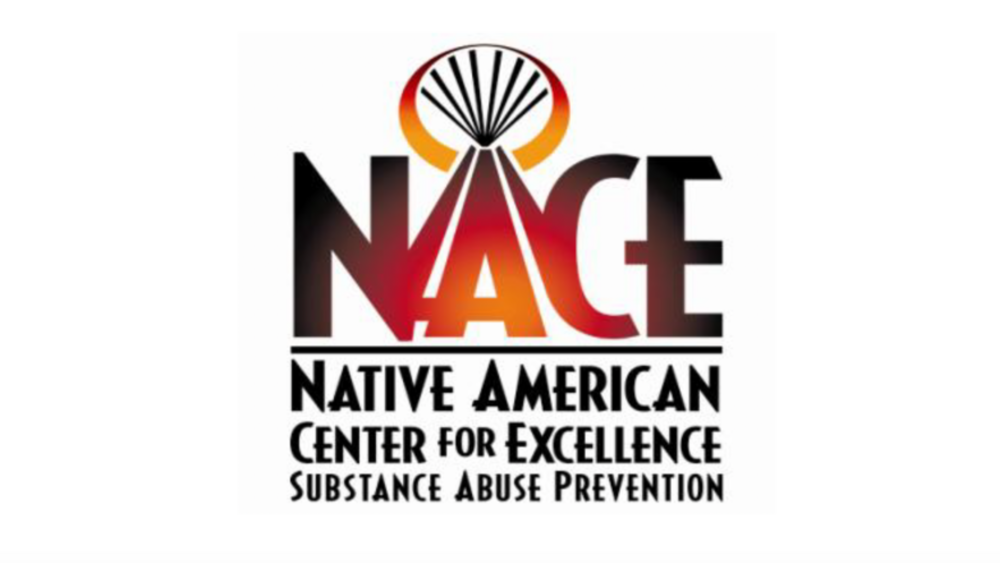
Steps for Conducting Research and Evaluation in Native Communities
Research and evaluation studies in Native communities have been characterized by mistrust and misrepresentation. Most of these missteps are the result of actions by researchers with little or no experience working with Native governments, Native communities, or Native American people. Research has…
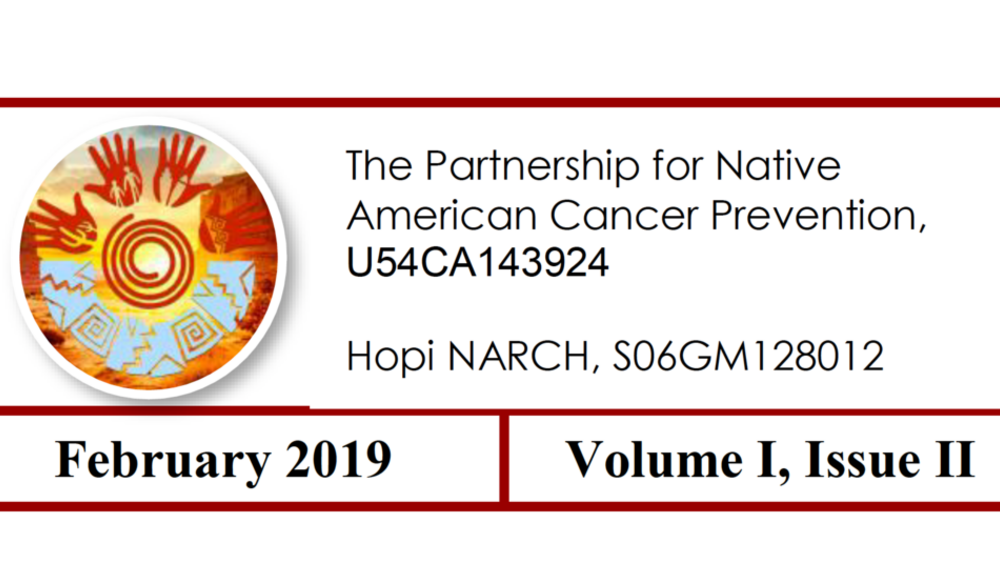
How to Build and Sustain a Tribal IRB
This document is a guide for American Indian and Alaska Native (AI/AN) tribal communities on:How to build a Tribal research review board or an Institutional Review Board ; How to conduct protocol reviewsHow to register a Federalwide Assurance (FWA) or an IRB ; andAdditional resources.
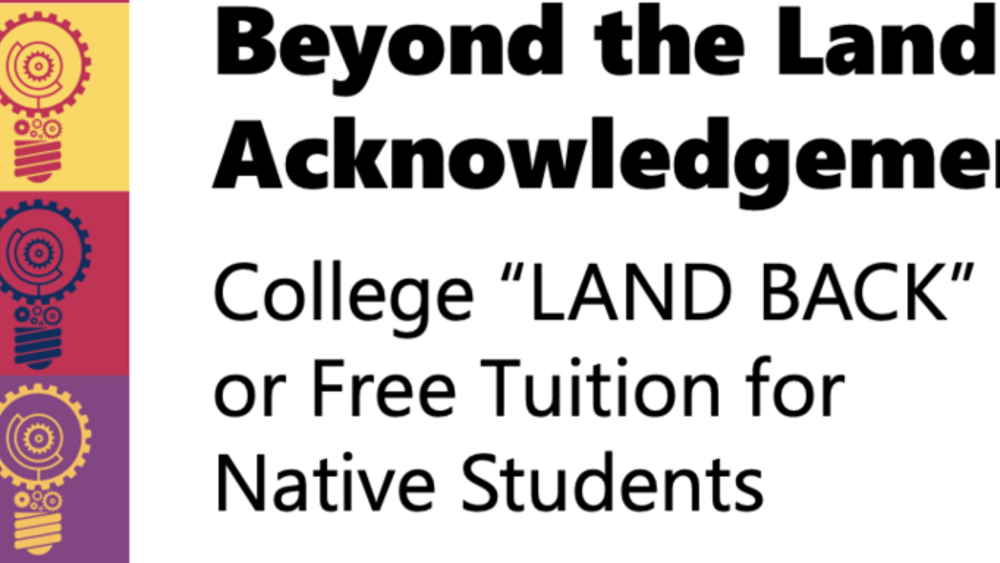
Beyond the Land Acknowledgement: College “LAND BACK” or Free Tuition for Native Students
Land acknowledgements have become a powerful introduction to convocations, graduations, and conferences in higher education. As defined by The Guide to Indigenous Land and Territorial Acknowledgements for Cultural Institutions “an Indigenous Land or Territorial Acknowledgement is a statement that…
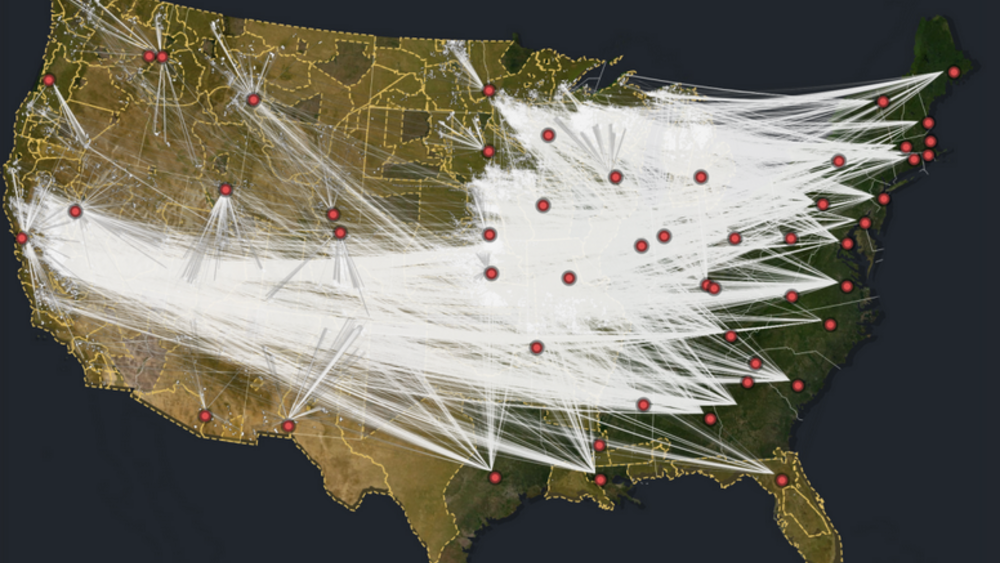
Land-grab Universities
On August 29, 1911, a Yahi man known as Ishi came out of hiding near Oroville, California. He had spent decades evading settlers after the massacre of his community in the 1860s and had recently lost the last of his family. Whisked off to the University of California’s anthropology museum, he was…
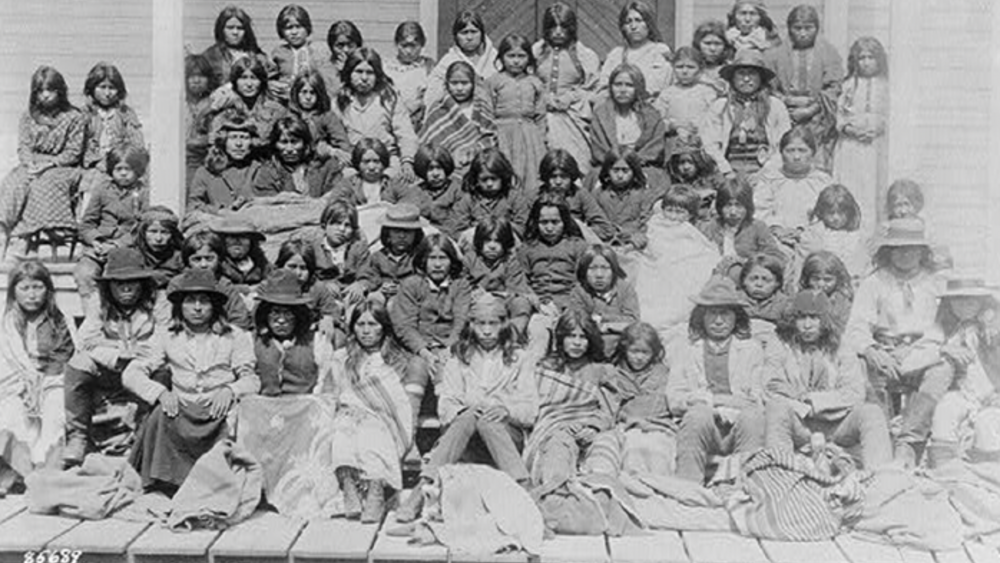
Federal Indian Boarding School Initiative Investigative Report
On June 22, 2021, the 54th Secretary of the Interior, Deb Haaland, announced the Federal Indian Boarding School Initiative, directing the Department of the Interior (Department) by Secretarial Memorandum, to undertake an investigation of the loss of human life and lasting consequences of the…
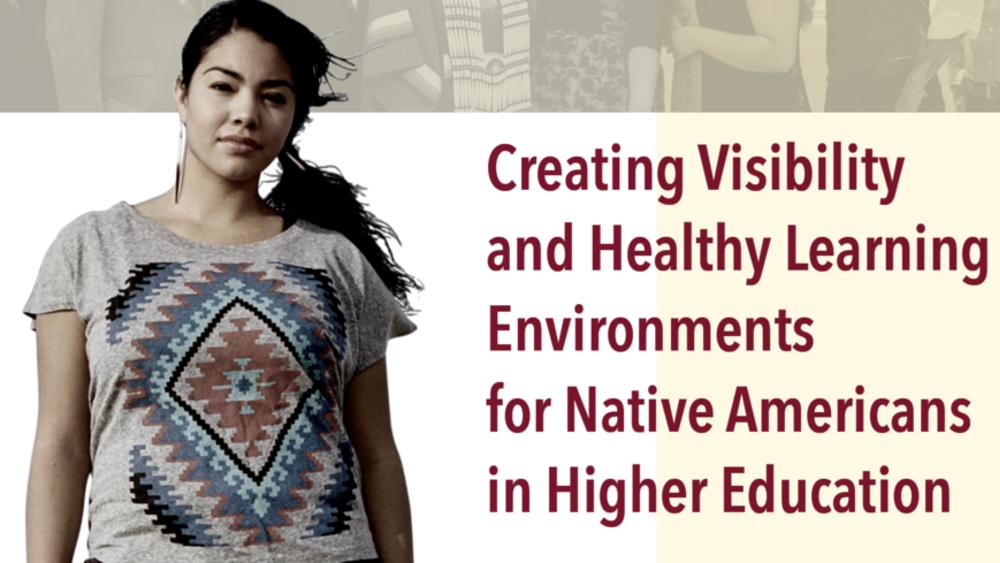
Creating Visibility and Healthy Learning Environments for Native Americans in Higher Education
In 2018, a research project investigating national public opinion about how non-Natives perceive Native peoples (Reclaiming Native Truth, First Nations Development Institute & Echo Hawk Consulting, 2018) revealed that most people believe that the Native population is declining, and most do not…
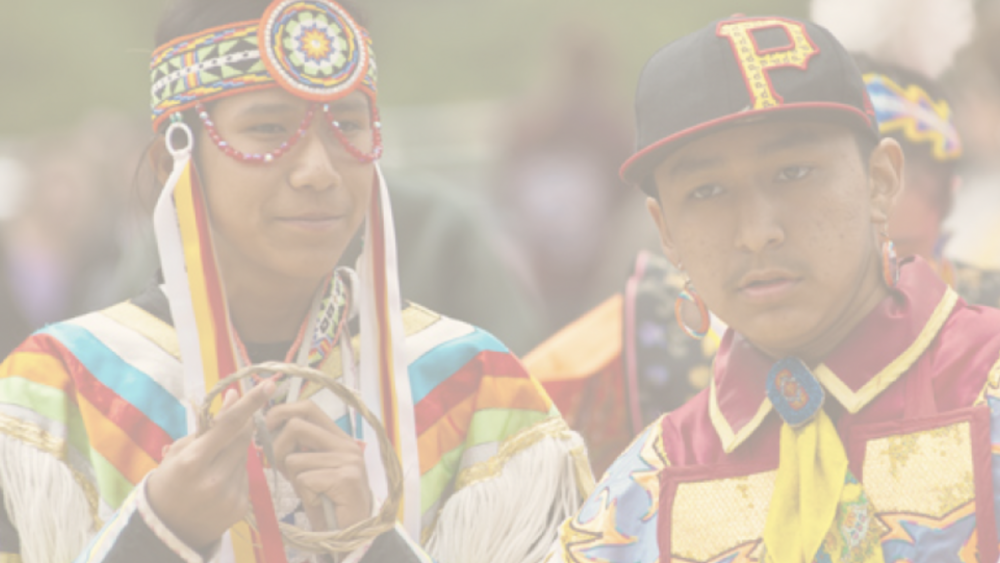
Becoming Visible: A Landscape Analysis of State Efforts to Provide Native American Education for All
Native Americans are unfortunately invisible to many. Most Americans likely have attended or currently attend a school where information about Native Americans is either completely absent from the classroom or relegated to brief mentions, negative information, or inaccurate stereotypes. This…
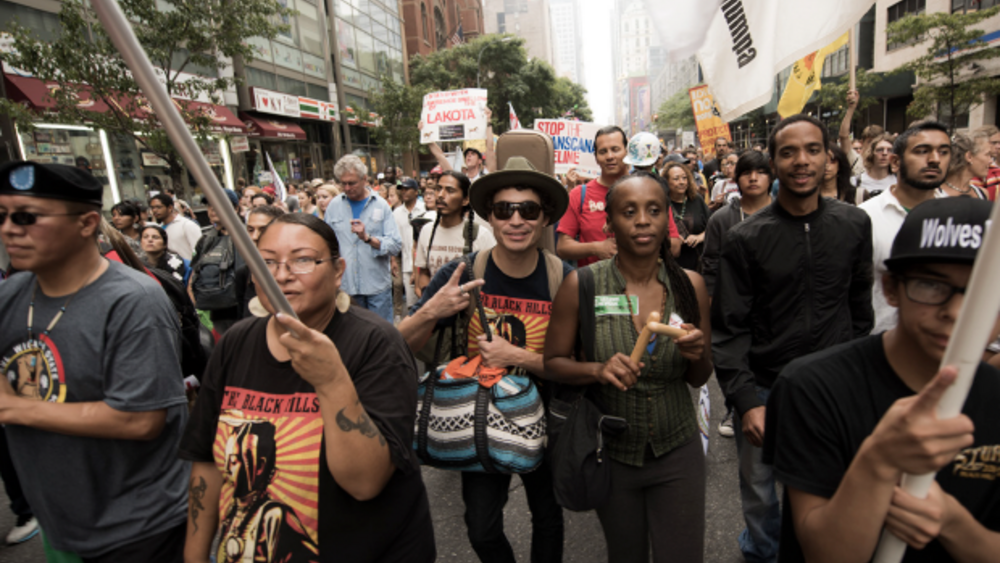
Changing the Narrative about Native Americans: Reclaiming Native Truth Allies Guide
Native Americans live, thrive and lead all across the United States. As students and teachers, artists and soldiers, doctors and lawyers, and in every walk of life, Native American people work, vote, volunteer, pay taxes, invest in the collective future of all our children, and contribute to their…
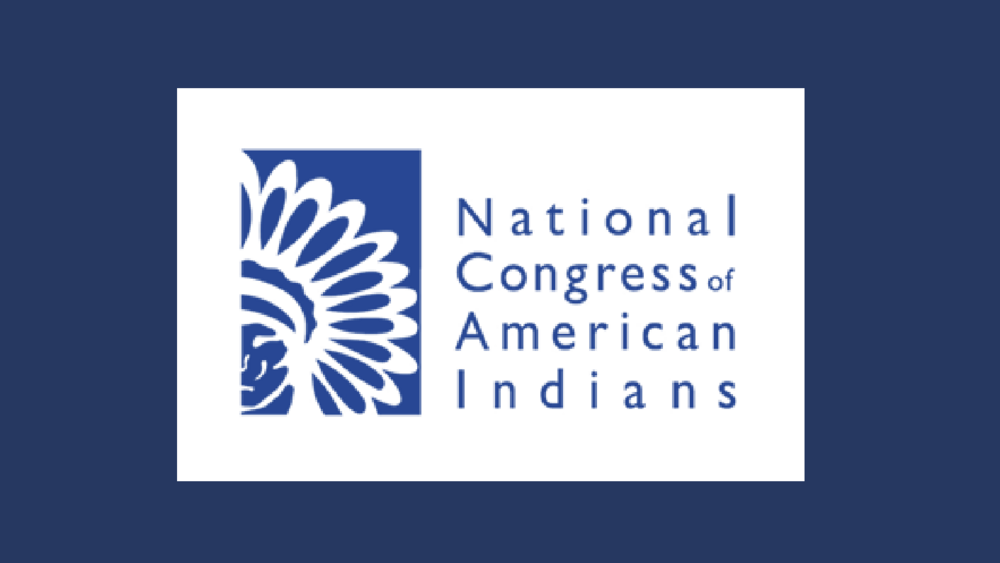
NCAI National Native Organizations 2018
A list of national Native organizations compiled by the National Congress of American Indians.
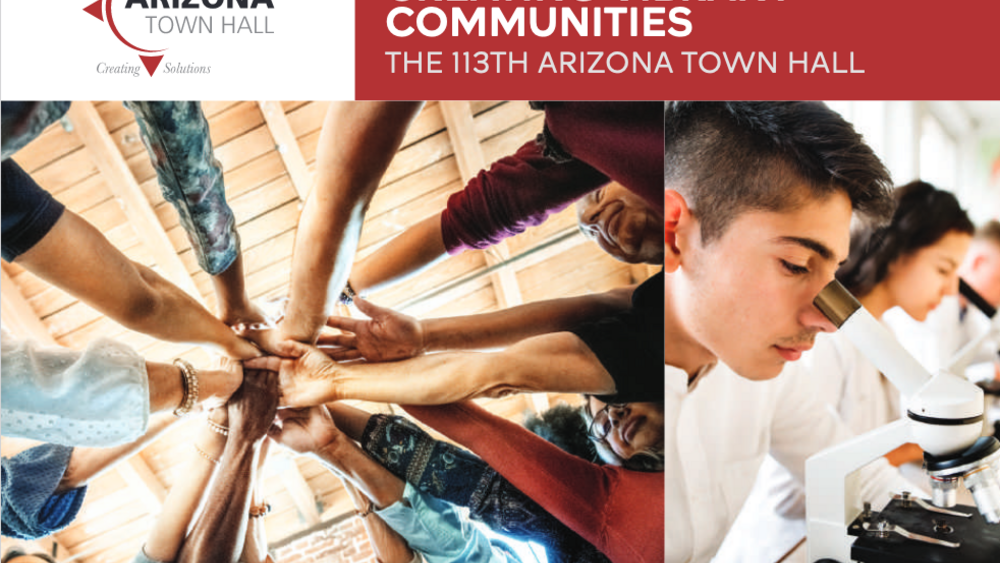
Creating Vibrant Communities Background Report - The Role of Tribes and Tribal Relations in Creating a More Vibrant Arizona Chapter
Arizona’s rich history begins with its Native inhabitants. Since time immemorial, Native Peoples built their own vibrant communities in the region’s river valleys, high deserts, mountains, and forests. Western archeologists affirm this long occupancy; they document ancestral Puebloan, Sinagua,…
